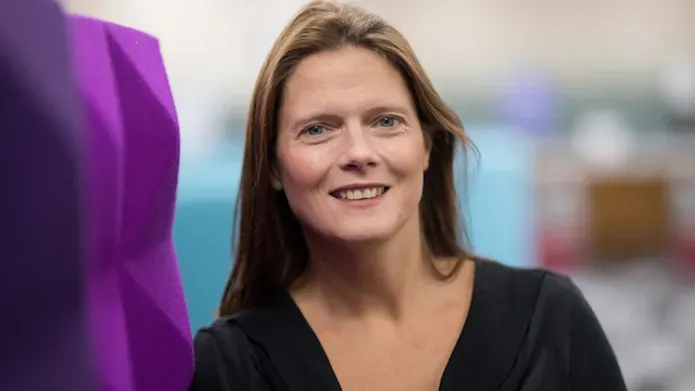News
Dundee expert says fertility challenges are ‘hidden problem’ amidst Scotland’s record low birth rate
Dr Sarah Martins da Silva warns rising infertility and delayed parenthood are factors behind Scotland’s record-low birth figures
Published on 29 August 2025

Scotland’s birth rate has fallen to its lowest level since records began in the 19th century - and a Dundee fertility expert has warned that infertility is a “hidden problem” behind the figures.
National Records of Scotland revealed on Wednesday 27 August, that just 45,763 live births were registered in 2024, the fewest since 1855 - that’s 0.3% fewer than in 2023. The total fertility rate also fell to 1.25, the lowest on record.
Dr Sarah Martins da Silva, IVF specialist at the University of Dundee’s School of Medicine, said, “The falling birth rate is a problem because we need to sustain the population for work, taxes and the general survival of our country.
“There’s lots of reasons why people might decide not to have a family, or to have fewer children, but within those numbers there is also a lot of difficulty with fertility and the need for medical assistance to try to conceive the children that people want.”
She warned that with people becoming parents later in life, fertility struggles are increasingly playing a role in Scotland’s demographic decline.
“If you want to have a family and you can’t because you’ve left it too late, or because you can’t access treatment – that is part of the story behind these numbers," she said.
Dr Martins da Silva’s team in Dundee is leading research into male infertility, which contributes to around half of all cases but often requires costly and complex IVF procedures.
“Unfortunately, at the moment, there really isn’t any treatment you can directly give to the man,’ she explained.
“Our research aims to understand how sperm work, and why they don’t. We hope to develop simpler and more accessible treatments to help people on their journey to becoming a family.”
See more information about the Dundee Reproductive Research Group and the full birth rate figures from the National Records of Scotland.